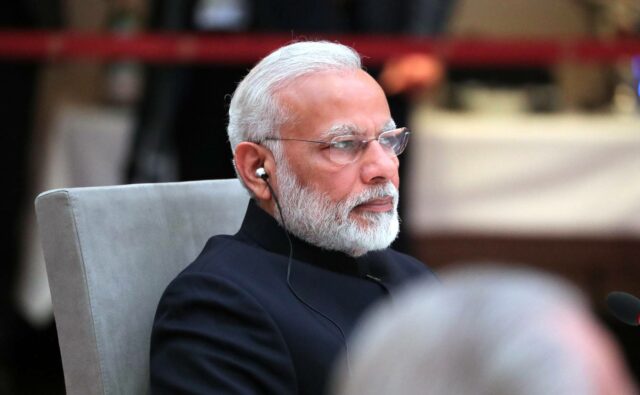
Not for the first time, Russia’s President Putin will not attend the BRICS summit in Brazil in person. Moscow said the host government “could not take a clear position” on the arrest warrant for Putin issued by the International Criminal Court for alleged war crimes in Ukraine. Brazil is signatory to the Rome Statute and is obliged to arrest him.
When pressed by the Russians for a guarantee that the warrant would not be enforced, President Lula da Silva left it to the judicial authorities. So Putin will now attend remotely, via video link. He had done the same when South Africa hosted the BRICS summit in 2023.
Even China’s Xi Jinping is not attending for reasons as yet unknown. Standing in for him will be Premier Li Qiang. It’s not clear how the absence of the two main drivers of the BRICS group will reflect on the Brazil summit.
The 2025 summit comes at a critical juncture, with BRICS expanding its agenda to address a range of challenges.
On the Iran-Israel conflict, senior diplomat Dammu Ravi, Secretary (East) in the External Affairs Ministry, suggested the BRICS Chair’s statement on West Asia, struck a more balanced tone than recent declarations by the Shanghai Cooperation Organisation (SCO).
Ravi noted that BRICS members were “very sensitive” to the situation and aligned on the broader themes of sovereignty and stability in the region.
“There’s no contradiction,” he said. “The language used in the BRICS declaration reflects a consensus that was carefully negotiated and accepted by all.”
On the BRICS agenda in Brazil, Ravi said India remains committed to advancing the agenda and will use the summit as a platform to engage meaningfully with fellow leaders from the Global South.
“BRICS works on consensus, but that has not hindered progress,” he said. “Our shared achievements—from the BRICS New Development Bank to joint satellite constellations and startup forums—speak to the bloc’s growing influence.”
India’s forthcoming chairmanship is expected to focus on technology for development, climate finance, critical minerals, and inclusive governance frameworks.
India is already deepening its engagement with Argentina, a key player in the Lithium Triangle, as part of its strategy to secure critical minerals for its green transition and technology-driven manufacturing.
“We are in active discussions for mining concessions in Argentina’s Catamarca province,” confirmed a senior official. “This includes lithium, molybdenum, and other essential elements for the energy transition.”
India’s National Mineral Development Corporation is working closely with provincial companies in Argentina, while other Indian firms are exploring investments in gold and gas sectors in the region.
India’s engagement with the Global South is also expanding into the Caribbean and Latin America. According to government sources, recent high-level visits and ministerial exchanges—especially with Trinidad and Tobago—highlight a re-energized focus on the region.
“This is a continuation of the momentum initiated during the Voice of the Global South Summit,” said Dr Neena Malhotra, Secretary (South) in the MEA. “We are diversifying partnerships in education, telecommunications, and renewable energy.”
As the baton passes from Brazil to India in 2026, expectations are high that India will push for reform in global governance structures, greater representation for developing countries, and stronger frameworks for technology governance and financial resilience.




